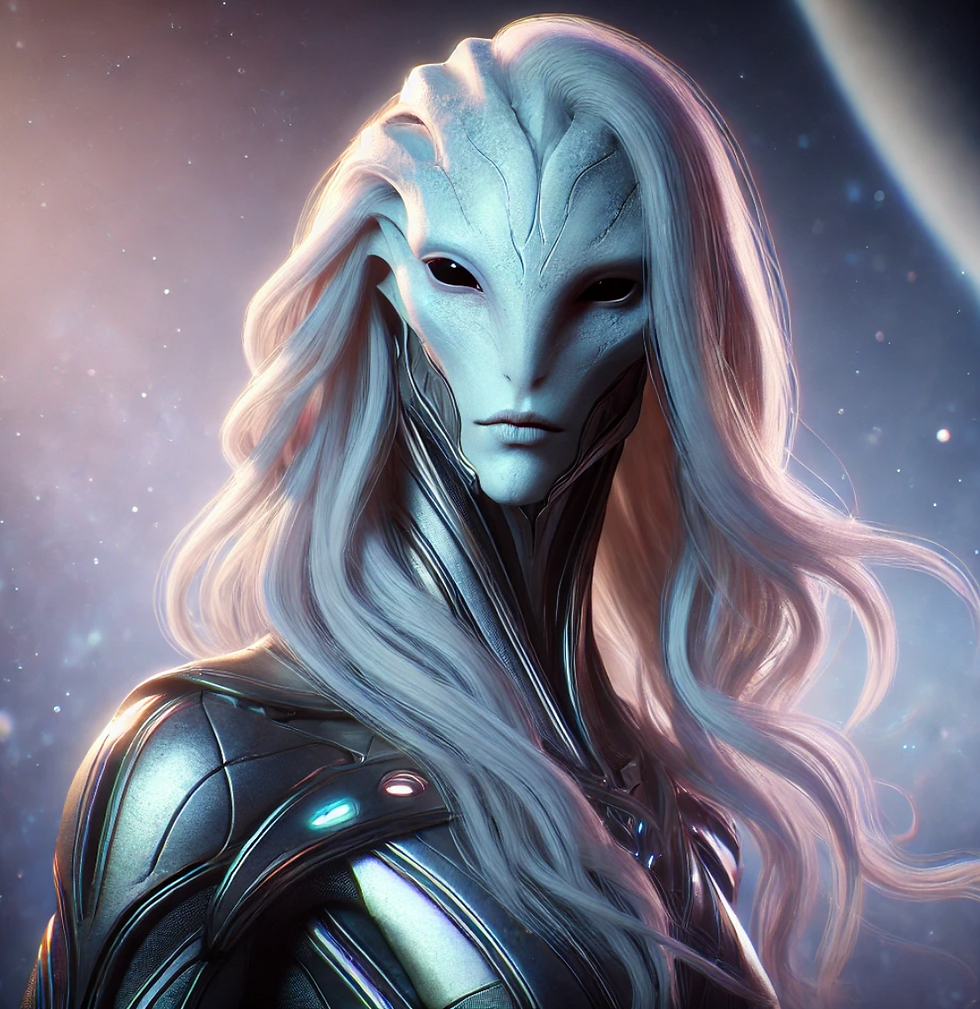Who Holds the True Keys to Freedom in a Shackled Society?
- oganes karayan
- May 31, 2025
- 4 min read
Updated: Jun 6, 2025
In the modern world, the concept of freedom often portrays an image of open horizons and limitless possibilities. Yet, beneath this surface lies a much more intricate web. Many people feel bound by various chains—whether societal expectations, financial pressures, or systemic constraints. To truly understand what it means to be "free," we need to examine personal narratives and the societal structures that shape our lives.

“Check out this Eleven Labs Inc: with top reviews.” https://try.elevenlabs.io/e6woq3uno18n
The Weight of Debt: A Modern Serfdom
Imagine a man burdened by overwhelming debt. Every choice he faces—his job, where he lives, and even whom he associates with—filters through his financial struggles. Over 55% of Americans carry debt, according to recent studies, highlighting the impact of financial burdens on our freedom.
While money is meant to serve as a tool for opportunity, it often transforms into a master, dictating choices. Is he genuinely free? He may wander through parks or browse stores, but his mind is shackled to bills and obligations. The pressure of $31 trillion in national debt creates a collective anxiety, suggesting that genuine freedom is often out of reach for those ensnared in financial worry.
The Fear of Judgment: A Selective Freedom
Now, picture a woman who feels she must censor herself at every turn, constantly worried about judgment from those around her. This fear of societal scrutiny can reshape her life into a careful dance of conformity.
In fact, studies have shown that 66% of individuals feel pressured to conform to social norms, which can stifle genuine individuality. While she may appear liberated in public, her thoughts and actions are bound by the need for acceptance. The labyrinth of expectations becomes a mental cage, forcing her to compromise her authenticity to fit in.
The Burden of Inheritance: A Future Uncertain
Consider a child born into an environment riddled with economic strife and neglect. For this child, opportunities often feel like a distant dream, obscured by significant barriers linked to inheritance.
According to the U.S. Census Bureau, areas with high poverty rates often trap generations in cycles of disadvantage. Each generation should have the chance to create a better life. Yet, too many face a legacy of limitations—whether it is unstable family finances, inadequate education, or bleak job prospects. These children question their ability to break free from a future that seems predetermined, leading to a perception that freedom is merely an illusion.
The Silent Soul: Compliance vs. Liberty
Then there's the individual who is stifled by systems that promise freedom while demanding compliance. Society's narrative often claims to champion liberty. However, beneath this narrative, many people find that conformity is prioritized, leaving their unique voices unheard.
This paradox of freedom shows that the rules we accept in the pursuit of belonging can lead to silence. Over 70% of people admit they often hold back their true selves to fit in. The definitions of freedom, therefore, are not one-size-fits-all; they vary greatly based on personal experiences and societal influences.
The Illusion of Freedom: Chains We Carry
Freedom is frequently depicted as a simple idea—either you are free, or you are not. However, as we see from these stories, the truth is far more complex. Life is filled with chains, some overt while others are subtle whispers in our minds.
To truly understand freedom, we must recognize our chains and accept our unique struggles. This acknowledgment helps reveal the differences between those who feel anchored and those who believe they are unshackled.
----------------------------------------------------------------------------------------------------------
Looking to bring your content to life with stunningly realistic AI voices? Check out Eleven Labs Inc. — the gold standard in text-to-speech technology. Whether you're a creator, entrepreneur, or someone who loves immersive narration, Eleven Labs offers top-rated, ultra-human voice quality trusted by thousands. Try it now and hear the difference:
-----------------------------------------------------------------------------------------------------------
The Spark of Rebellion: Unbreakable Spirits
Despite the weight of societal pressures and constraints, a spark lies within each individual—a raw, untamed essence that embodies the true nature of freedom. This spirit is not marketed or enshrined in legislation; instead, it thrives in the rebellious thoughts and bold dreams of those daring enough to challenge their circumstances.
People possessing visible advantages—such as wealth, status, or connections—may hold certain keys to freedom. However, those who dare to break free from their mental constraints wield the most power. They challenge norms, assert, “Not here. Not now.” These unyielding spirits reignite what it means to be truly free.

The Paradox of Freedom: America’s Calling
America presents a unique duality—a land of both promise and struggle. It embodies freedom on one hand and replicates constraints on the other. People must learn to perceive this duality: the struggles of systemic injustice alongside the potential for individual ambition.
To achieve true freedom requires questioning the imposed limitations, both by oneself and society at large. Realizing that liberty is both a right and a responsibility encourages individuals to confront constraints and advocate for profound change.
Awakening the True Spirit of Freedom
As we reflect on who is freer in a restricted society, it's essential to appreciate the strength found in individual narratives. Do our constraints merely define us, or do those constraints become a backdrop for our stories of courage?
The answer likely resides not in the keys of power but within the tenacity of individuals—those daring to imagine lives untethered by invisible burdens. We must nurture the fire within ourselves and others, promoting a freedom that redefines our existence and opens pathways for personal and collective growth.
Ultimately, the essence of freedom is an individual's journey, characterized by resilience, courage, and a persistent search for authenticity.







Comments